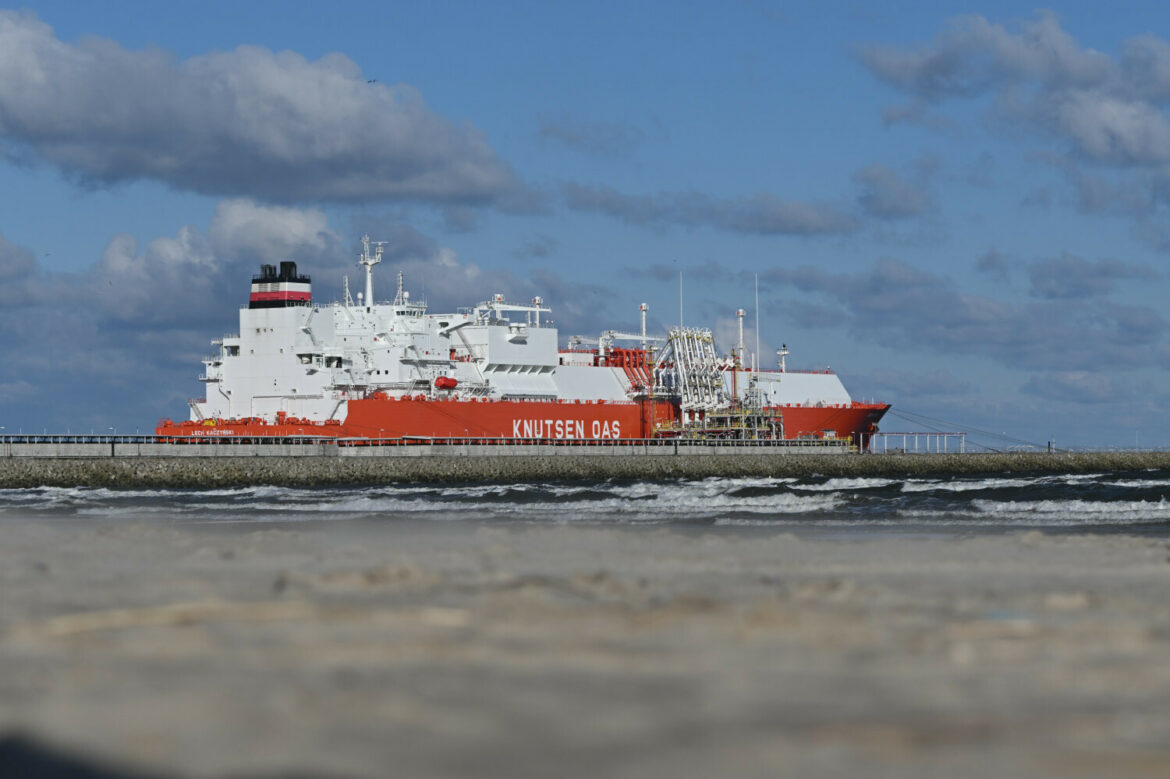Assembly of the hulls of two new liquefied natural gas (LNG) vessels for Orlen Group has begun. The vessels will be named ‘Józef Piłsudski’ and ‘Ignacy Jan Paderewski’ and will enter service in 2025. Thus, the company’s fleet will increase to six vessels, strengthening the Group’s logistical capacity for the transportation of liquefied natural gas.
In the case of the gas carrier, which will be named after Marshal Józef Piłsudski, the keel was laid to mark the completion of preliminary work on the vessel and the start of hull assembly. In the case of the second, the first cutting of the plates from which the ship will be made took place. This marks the symbolic start of construction. The vessel will also bear the name of a prominent figure in Polish history – Ignacy Jan Paderewski.
The ships are scheduled to be completed in the first half of 2025. They will then join the already sailing ones: “Lech Kaczyński”, “Grażyna Gęsicka”, “Saint Barbara” and “Ignacy Łukasiewicz”, and, like them, will be operated under a long-term charter contract with a specialised shipping company – Knutsen OAS Shipping. The gas carriers will be used for free-on-board (FOB) contracts, under which the buyer, ORLEN Group, is responsible for the collection and transport of the cargo.
The vessels under construction are the fifth and sixth of eight gas carriers that will eventually become part of Orlen Group’s fleet of LNG transport vessels. The gas carriers will have a capacity of about 70,000 tonnes of LNG, and their size has been selected so that the units can enter almost all terminals in the world.
In the construction of the ships, technologies have been used to reduce the impact of their operation on the environment. These include integrated energy management and a reliquefaction system, which allows the recovery of vaporised natural gas without loss to the cargo and while maintaining the energy efficiency of the vessels.
Arkadiusz Słomczyński





